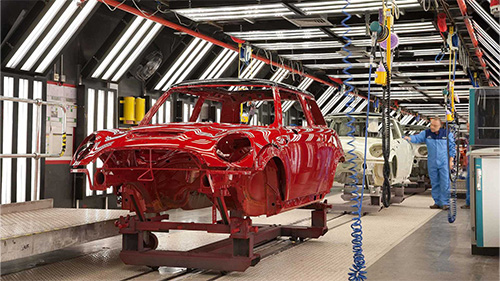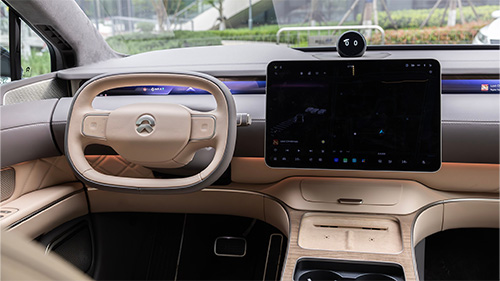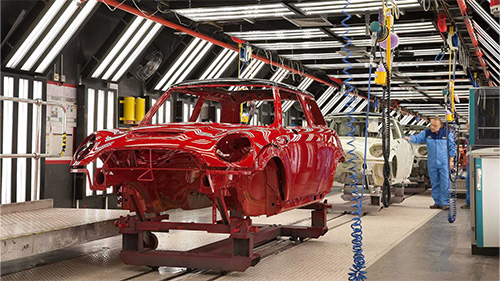UK Car Production Falls to Lowest Levels in 70 Years.

In 2024, the UK's national car production will only reach 779,584 units, a year-on-year plunge of 13.9%, hitting the lowest level in nearly 70 years since 1954 - even lower than 1954 when food rationing was implemented after the war. The data for April 2025 is even more shocking: a single-month production of 59,203 units, breaking the lowest monthly record since 1952. Major car brands have been collectively hit, with MINI production plummeting by more than 40%, Toyota down 19.8%, Nissan down 13.2%, and the century-old factory Luton closed.
On the surface, the collapse of production stems from the structural fault of the automotive industry's electrification transformation. Traditional fuel vehicle production lines have been shut down on a large scale, but new electric vehicle production lines have not yet formed effective production capacity. In 2024, the production of pure electric, hybrid and plug-in hybrid vehicles in the UK will fall by 20.4% year-on-year, although it still accounts for 35.4% of the total production. Brands such as Jaguar Land Rover even suspended vehicle production and focused on restructuring electric production lines.
Mike Hawes, CEO of the British Automobile Manufacturers Association, described this as "growing pains" and pointed out that the industry investment of more than 23.5 billion pounds in 2023-2024 is the hope for recovery. In January 2025, luxury brand Aston Martin announced a 5% layoff and postponed the launch of its first electric car, reflecting the dual high pressure of cash flow and technological transformation in the entire industry.
Nearly 80% of British cars rely on exports, of which more than 50% are to continental Europe. Exports to Europe plummeted by 24.3% in 2024. The cumbersome customs clearance documents and trade uncertainties have turned the former largest market into a thorny place.
Since the 2008 financial crisis, the UK has launched multiple rounds of "re-industrialization" strategies with little effect. Even though the automotive sector received £2 billion of the £4.5 billion in advanced manufacturing financing that the government pledged in 2023, manufacturing's share of GDP remains at about 10%, and it will continue to decrease for the most of 2024.
Consulting firm AutoAnalysis predicts that the UK's car production will not return to one million vehicles until 2028 at the earliest - this is half the target of 2 million vehicles set in 2017, reflecting the bleak exit of an era.
The industrial legend that once prided itself on "owning a British car is owning art"10 is now struggling to reconstruct its identity in the wave of electrification and the whirlpool of geopolitics. When the century-old production line of the Luton factory stopped forever, the whistle of a new round of industrial competition has already sounded - whether the UK can turn the pain into an opportunity for rebirth depends on the joint efforts of policy and industry innovation. History is recording: the country that invented the modern car is heading for its sharpest turn.







